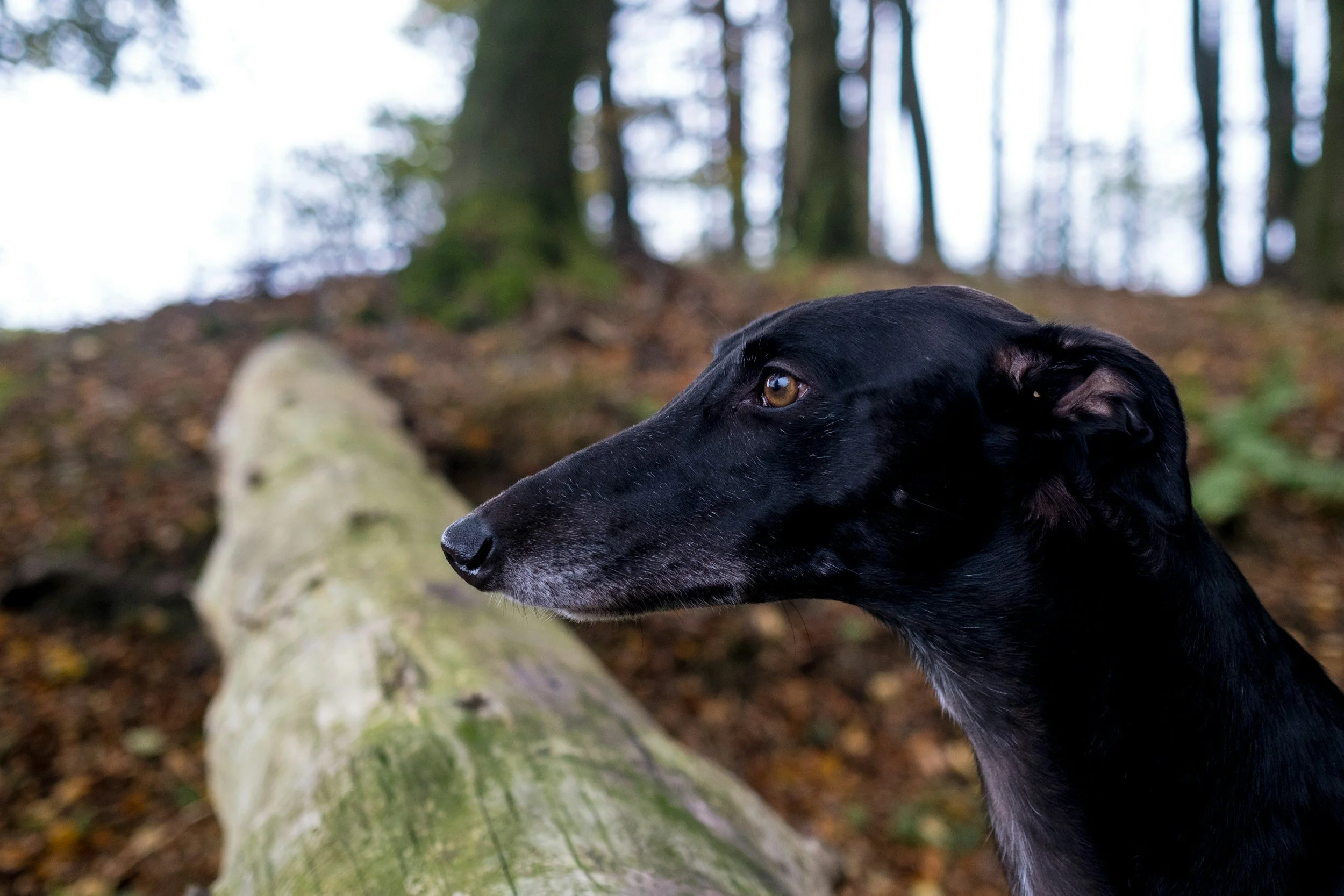Comprehensive Care Guide for Greyhounds: Nutrition, Exercise, and Well-Being.
Greyhounds are gentle, friendly dogs known for their speed and affectionate nature. They have specific care requirements to ensure they thrive. Here’s a comprehensive guide to their care and needs:
Greyhound
1. Diet and Nutrition
Quality Diet: Provide high-quality dog food that meets their nutritional needs, focusing on protein and healthy fats.
Portion Control: Follow feeding guidelines based on age, weight, and activity level to maintain a healthy weight.
Hydration: Always ensure fresh water is available, especially after exercise.
2. Exercise
Regular Walks: Although they are known for sprinting, Greyhounds enjoy leisurely walks. Aim for at least 30-60 minutes of exercise daily.
Free Running: If possible, let them run in a secure, enclosed area. They thrive in safe, open spaces.
Mental Stimulation: Engage their minds with interactive toys, training, or gentle games.
3. Grooming
Minimal Grooming Needs: Greyhounds have short, smooth coats that require minimal grooming—weekly brushing is usually sufficient.
Bathing: Bathe them as needed, typically every few months or when they get particularly dirty.
Nail Trimming: Keep their nails trimmed to prevent discomfort.
4. Training and Socialization
Positive Reinforcement: Use treats and praise to encourage good behavior. Greyhounds respond well to gentle training methods.
Socialization: Expose them to various people, environments, and other dogs early on to develop a well-rounded temperament.
5. Health Care
Regular Vet Check-ups: Schedule annual veterinary visits for vaccinations and health assessments.
Preventative Care: Keep up with flea, tick, and heartworm prevention.
Watch for Health Issues: Greyhounds can be prone to certain health conditions, including bloat and hip dysplasia. Monitor their health closely.
6. Companionship
Affectionate Nature: Greyhounds are social dogs that thrive on companionship and interaction with their humans.
Gentle Behavior: They are generally good with children and other pets, making them great family dogs.
7. Safe Environment
Secure Living Space: Create a safe environment, as Greyhounds have a strong prey drive and may chase small animals.
Comfortable Resting Area: Provide a soft bed for them to rest. They enjoy lounging and need a comfortable space to relax.
By understanding and addressing their specific needs, you can help your Greyhound live a happy, healthy life as a cherished member of your family!
